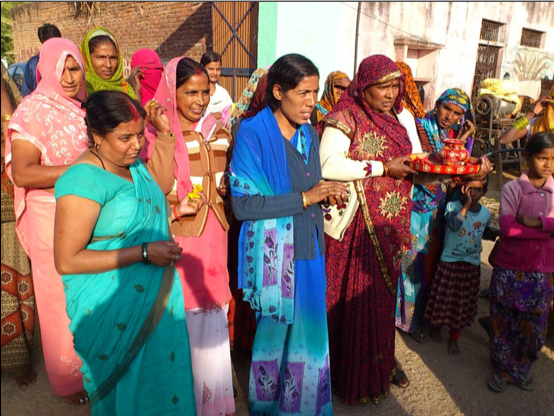First published on 05/25/2016, and last updated on 03/25/2018
By: Yolanda Sikking, Isis Alvarez and Jeanette Sequeira, Global Forest Coalition
The 2nd United Nations Environment Assembly (UNEA) met during May 23 – 27 at UNEP Headquarters in Nairobi. The assembly accepted 25 out of 26 Resolutions, but many of the resolutions that did pass were weakened through the negotiations process. The much-debated resolution on Natural Capital involved long rounds of discussion on its definition, and it ended with very little clarity, nothing more than a reference about how it should be understood: as the meeting progressed, the terms ‘natural capital’ and ‘natural resources’ were used with little or no differentiation.
The Global Forest Coalition (GFC), as one of the Organising Partners for the Women’s Major Group (WMG) on Sustainable Development, and a partner in the co-facilitation of the WMG at UNEP, held a side event at UNEA-2 on Friday May 27, 2016. The event focused on the “Roles, rights and needs of women in community conservation and how to enhance them within the SDG framework” and managed to fill the room with a diverse and interested audience. The side event first introduced the Community Conservation Resilience Initiative (CCRI) and described its scope, then presented findings about the numerous traditions and approaches to conserving biodiversity in different communities, as well as the significant threats they face. The CCRI’s participatory methodology was shared as being a key to the long term success of their programs. Their methodology includes a strong focus on analysing gender issues in community conservation. The presenters shared some of the guiding questions the CCRI uses for its gender analyses in communities, as well as a few examples of completed initiatives. Another presentation explored how the CCRI’s enhanced support for community-driven conservation strategies can help to achieve the Sustainable Development Goals (SDGs) and Aichi Biodiversity Targets. The CCRI is an important tool for bottom-up monitoring of the different Sustainable Development Goals, including SDG15 on Forests (including target 15.2 on halting deforestation by 2020) and SDG5 on Gender Equality. The Indigenous Alliance of Tribal Peoples of the Tropical Forests continued the discussions by raising the different problems communities in Kenya confront in their community-based conservation activities. Livestock raising and agro-industrial expansion of tea crops and sugar cane threaten community conservation in the area. Community experiences show that issues such as land tenure and the empowerment of women are difficult but not impossible to overcome, and that working to involve local and national governments remains important.
Immediately following UNEA-2, the GFC and 4 other organisations held a start-up meeting for a new 5-year project that will focus on gender-responsive implementation of the SDGs. This project is funded by the European Commission for Development and Cooperation (DEVCO) and will involve the networking of women’s and gender-focussed civil society organisations with the goal of implementing the SDGs, policy monitoring and advocacy, capacity building, and media and social outreach.
For more information please contact Jeanette Sequeira or Isis Alvarez.
